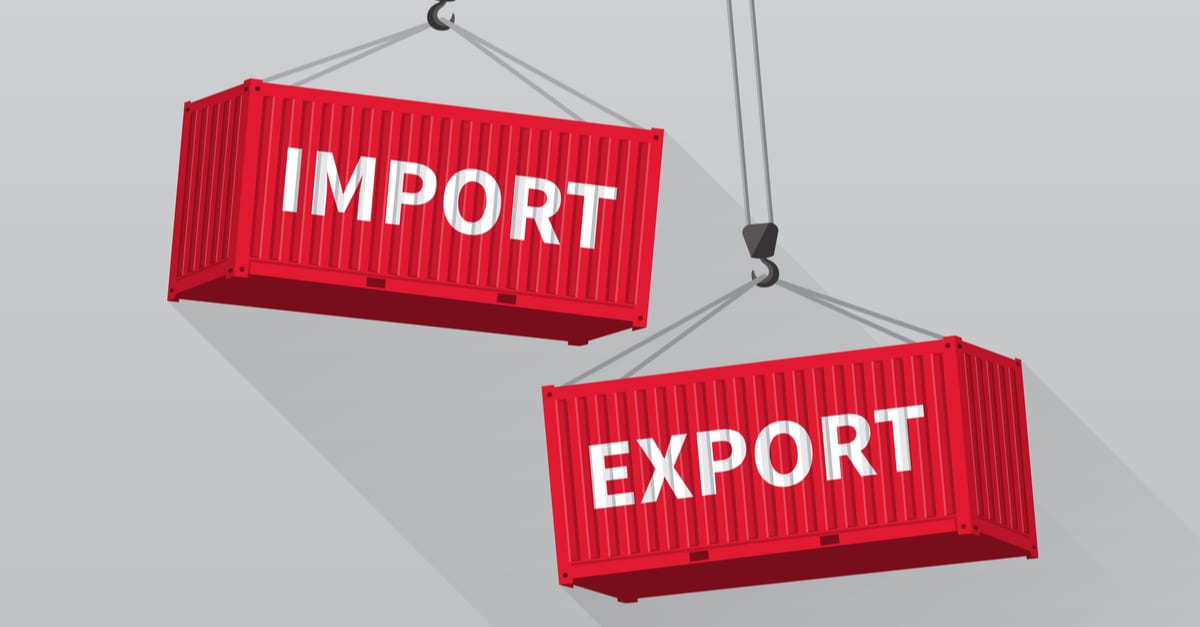Incoterms: FAS versus FOB
Incoterms define the risks and responsibilities of both shipper and consignee in all shipments. Choosing which of the 11 common Incoterms to use for your company is a strategic decision that can expose or shelter your company from risk and cost. Two similar Incoterms: FAS versus FOB can be difficult to differentiate When referring to FAS or FOB, a buyer likely prefers FOB while a seller may opt for FAS – but more on that later. Let’s explore what FAS and FOB mean and the differences between the two.
What is Incoterms: FOB?
The more common term of these two universally accepted shipping terms is FOB or Free on Board. It has been discussed on this blog before, so we won’t go too in-depth about it again. FOB terms indicate that the risk transfers from seller to buyer when the cargo is placed on board the vessel selected by the buyer.
What is Incoterms: FAS?
In transactions where you choose Incoterms: FAS or Free Alongside Ship is selected, the seller arranges the goods to be delivered next to or alongside a specific vessel selected by the buyer. The buyer is charged with letting the seller know when and where the vessel will be.
Risk transfers from the seller when the cargo is placed next to the intended ship. The buyer handles loading and all subsequent costs. The buyer assumes all risks if the buyer’s ship is late or in the incorrect place.
Now that you have a better understanding of these two terms, it should be clear that a purchaser would prefer FOB over FAS because it means less risk for them when loading the goods to their ship. The opposite is true for a seller who would rather complete the deal once their cargo vessel pulls into port and delivers the goods FAS.
Dig deeper into several of the other incoterms here in these blog posts:
- Incoterms: DDP versus DAP
- Incoterms: The Difference between CIF and CIP
- Understanding FOB: What is FOB in Shipping?
- Incoterms: CFR versus CIF
Smartly Balance Your Shipping Risks with Customodal
Many incoterms can make transporting your goods a complicated process. Let us help with our many years of experience in transportation and logistics. Go to our website or call us at 800-445-6577 to connect with us and learn how we can help you to balance your shipping risks better.


